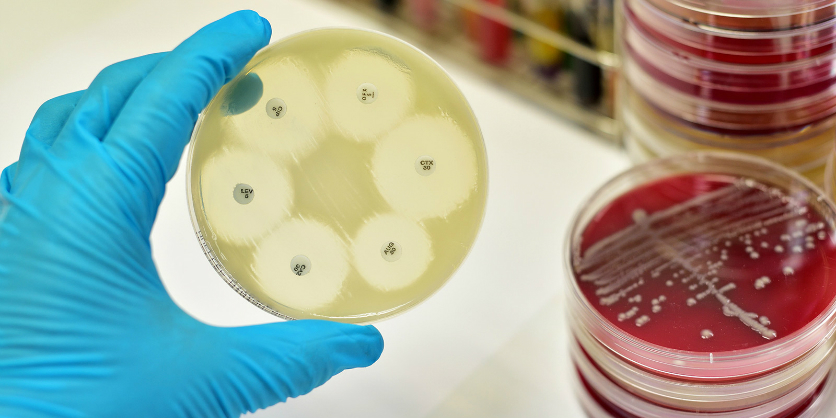A medical buzzword that has taken the entire healthcare fraternity by storm is Antimicrobial resistance (AMR). A growing health menace AMR, has become a critical health issue. But despite a worldwide response headed by the World Health Organization (WHO) and other major health agencies, a solution to this problem is yet to be discovered. The developed resistant strain of microbes has become a matter of concern that threatens the effective prevention and treatment of infections caused by bacteria, parasites, viruses and fungi. Most people don’t understand the concept of antimicrobial resistance or why it is important to halt its progress.
So the question is, what exactly is antimicrobial resistance? Antimicrobial resistance or drug resistance develops when microbes including bacteria, viruses, fungi and other microbes no longer respond to a drug that once treated them effectively. Excessive use of antibiotics (a class of drug that target bacteria) and antimicrobial drugs has advanced the rate at which microbes adapt themselves to survive against a treatment. An increased resistance would make it extremely difficult to treat common infections hence making common infections much more severe and cause more deaths. Also, the failure of antibiotics to treat infections would undermine several complex medical procedures like organ transplants and chemotherapy.
In a broader perspective, Antimicrobial Resistance can lead to the following major issues:
Increase in the mortality rate of the population: Antimicrobials are drugs that kill various infective microbes that cause a number of diseases. A number of medical interventions, surgeries and other health procedures rely heavily on antimicrobial drugs. With resistant microbes in picture, a multitude of treatments becomes ineffective thus increasing chances of deaths.
Widespread disease: Antimicrobial resistance would make extremely difficult to combat the growth of various microbes that gets transmitted very rapidly from one person to other. This would lead to greater transmission of diseases with more people getting infected and spreading the ailment in a larger portion of the population.
Increased financial burden: Infections due to resistant microbes are extremely difficult to treat, this would lead to longer hospital stays thus increasing healthcare costs worldwide which would add up to the woes of the masses.
Failure of various health campaigns: The world has witnessed the eradication of various diseases through massive immunization programs undertaken by governments. Developing resistance in microbes pose a greater threat of re-awakening these diseases with even more vigor.
While various reasons (mutations, excessive use of antimicrobials, incorrect disease diagnosis etc.) contribute to the development of AMR, it has now become a matter of concern for various health agencies. Billions are being invested to find cure against the evolved drug resistant species. Combinations of antimicrobials are being tested however, a sure shot cure is still at large.

